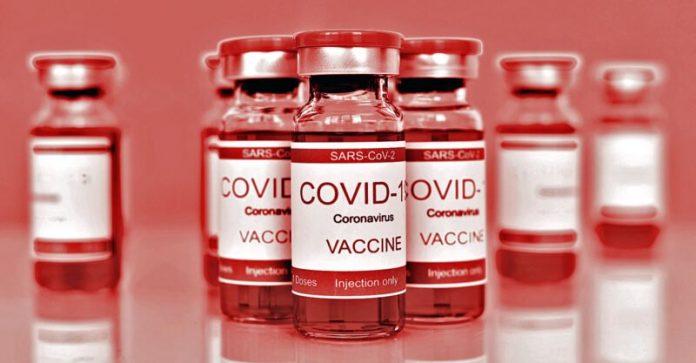Why do some people report adverse events after COVID-19 vaccinations while some do not? Doctors have identified several factors that contribute to an increased risk of spike protein-induced disease, specifically, post COVID-19 vaccine injury.
October 21, 2022
Miss a day, miss a lot. Subscribe to The Defender’s Top News of the Day. It’s free.
By Marina Zhang
Why do some people report adverse events after COVID-19 vaccinations while some do not?
This question is central to the controversy of COVID-19 vaccine adverse events.
Doctors have identified several factors that contribute to an increased risk of spike protein-induced disease, specifically, post COVID-19 vaccine injury.
Dr. Paul Marik, Front Line COVID-19 Critical Care Alliance (FLCCC) co-founder, said at an FLCCC conference on Oct. 15 that long COVID and injury from the COVID-19 vaccines share many overlaps in their symptoms and mechanisms.
Both diseases are systemic, affecting multiple organs and tissues, and are both driven by a high load of spike protein accumulated in these organs and tissues.
These spike proteins trigger inflammation, mitochondrial dysfunction and autoimmunity.
However, not everyone will experience these symptoms.
Whether a person will suffer from vaccine injuries is dependent on both permanent factors and temporal factors impacted by actions and choices.
Read More HERE


